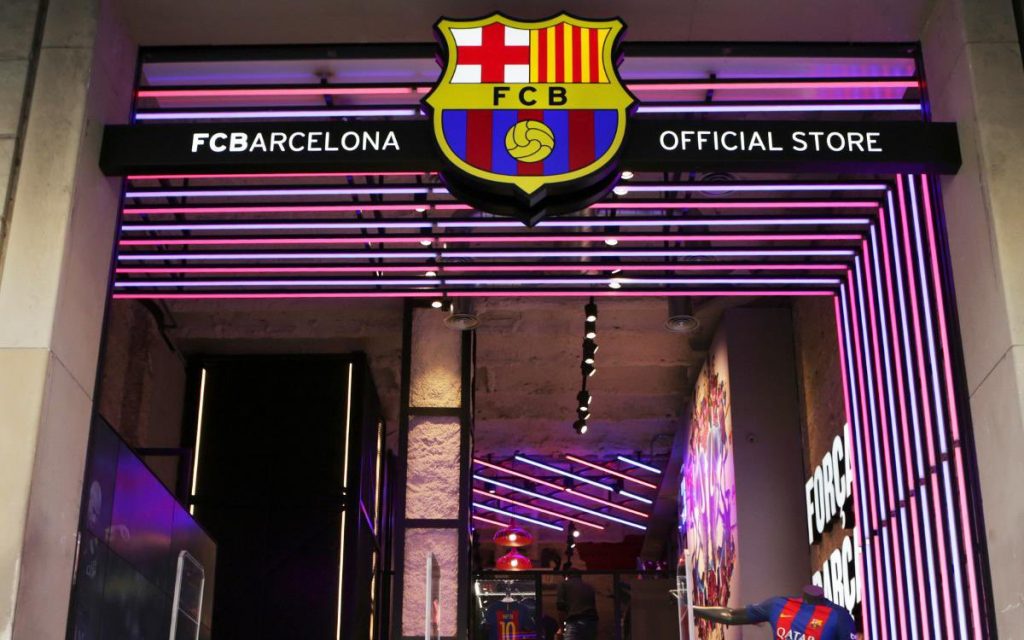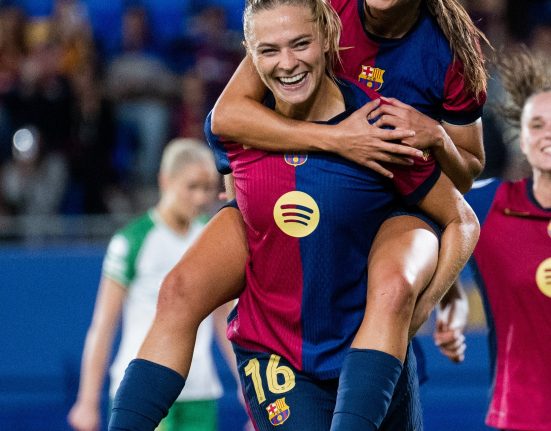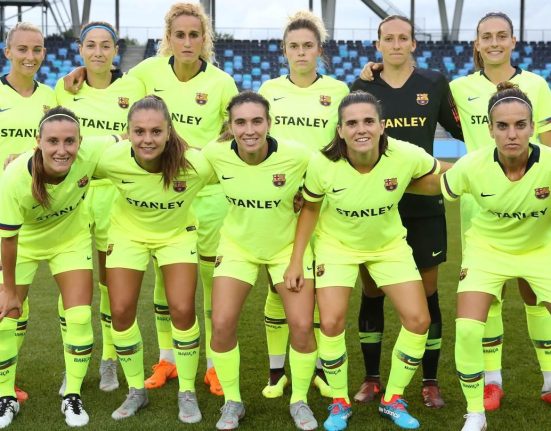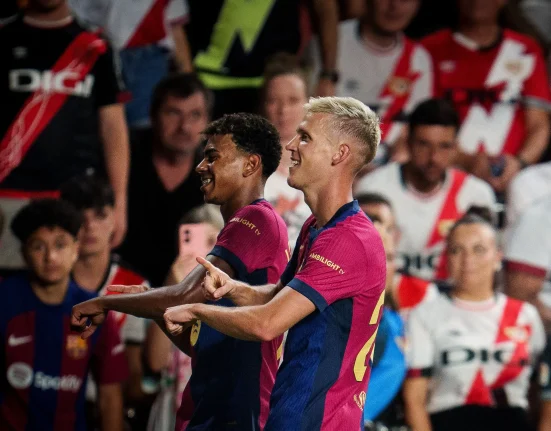
The revenue for the Barça store reached €101.9 million during the 2022-23 season, marking a club milestone.
It’s been almost two years since FC Barcelona’s delegate partners gave the green light to selling up to 49% of Barça Licensing and Merchandising (BLM). However, despite negotiations with industry experts like Fanatics and Investindustrial (owner of Port Aventura), the ‘lever’ wasn’t activated.
According to Sergi Sole of Mundo Deportivo, the financial situation is delicate, but the club continues to resist due to the significant growth potential of the retail business alone, with 13 stores fully managed by the club (Spotify Camp Nou, Canaletes, Passeig de Gràcia, Sagrada Família, Westfield La Maquinista, Poble Espanyol, Parc Central Tarragona, La Roca Village, corners in El Corte Inglés de Maria Cristina and Plaça Catalunya, T1 and T2 of El Prat airport, Arenal in Madrid) and four franchised stores (Ronda Universitat de Barcelona, Platja d’Aro, Salou, and Palma de Mallorca). With the effects of the pandemic behind them, revenue soared last season to a record 101.9 million, nearly double that of the previous one without Covid’s influence (63 in 2018-19). It’s the club’s fourth source of income after sponsors, ticket sales, and TV rights. The forecast for this season is to reach 120 million and around 200 million by 2026, at the end of Joan Laporta’s current term.
BLM anticipated the toll of the move to Montjuïc with a subsequent drop in sales at the Spotify Camp Nou store with the opening of eight stores, including the one in Madrid on Arenal Street, Spain’s busiest commercial stretch. There are now 450 employees, including part-timers during the summer holidays.
The club took over BLM’s business in 2016 to exploit its brand independently and boost revenue by extending the existing contract with Nike until 2028. However, the multinational imposed limitations that still tie Barcelona’s hands, preventing it from opening stores abroad or selling official gear or club-made clothing online outside Europe. Nonetheless, they’re working on expanding stores beyond the local market and e-commerce on other continents. According to 2Playbook, 45% of online sales are made in Spain, with France, Germany, and Poland following suit.
BLM’s value keeps growing, and UEFA’s latest financial report confirmed Barcelona as the highest-earning football jersey in history with 179 million in 2023. Rounding out the top 5 are Madrid (155), Bayern (147), Liverpool (132), and Manchester United (130). Only Real Madrid has licensed exploitation and distribution to Fanatics. The other four manage everything in-house, but Barcelona’s inability to do so abroad allows Nike to decide the visibility of official jerseys in highly competitive markets, including other sports. Barcelona isn’t pleased with this.
In March 2019, the European Commission fined Nike €12.5 million for limiting cross-border sales of merchandise. Opting for an own brand, a path Barcelona has been working on for months, would free the club to partner with other textile companies. They have collaborated with Lego (toys), Memorabilia (Icons), and Etnia (sunglasses) to sell Barça products. The club covers all possible product categories, with BLM’s work earning it recognition as the Best Sports Licensing Property in 2023 by the specialized magazine ‘Licencias Actualidad’ (Interempresas).
The Barça brand’s casual clothing line already accounts for 30% of sales in physical stores, with a 54% increase in revenue in-store and 47% online. Retro jerseys and women’s clothing are lucrative, with a 275% increase in sales last season. Jerseys of Alexia Putellas, Aitana Bonmatí, and Mapi León lead the women’s ranking, while Robert Lewandowski, Gavi, and Pedri top the men’s. In this context, decisive weeks lie ahead to map out BLM’s roadmap based on the decision regarding Nike, but the reality is that its ceiling is far from reached.






